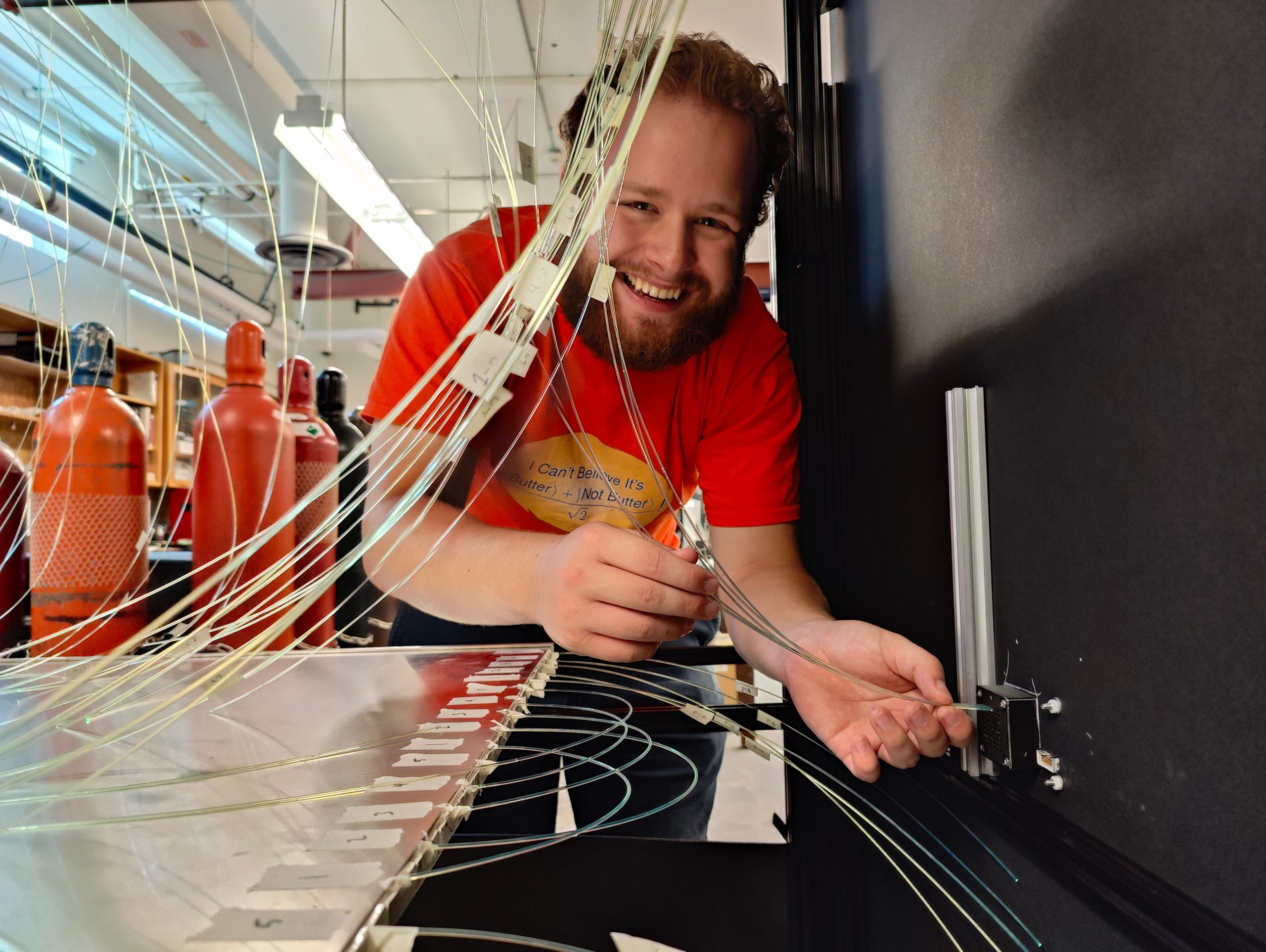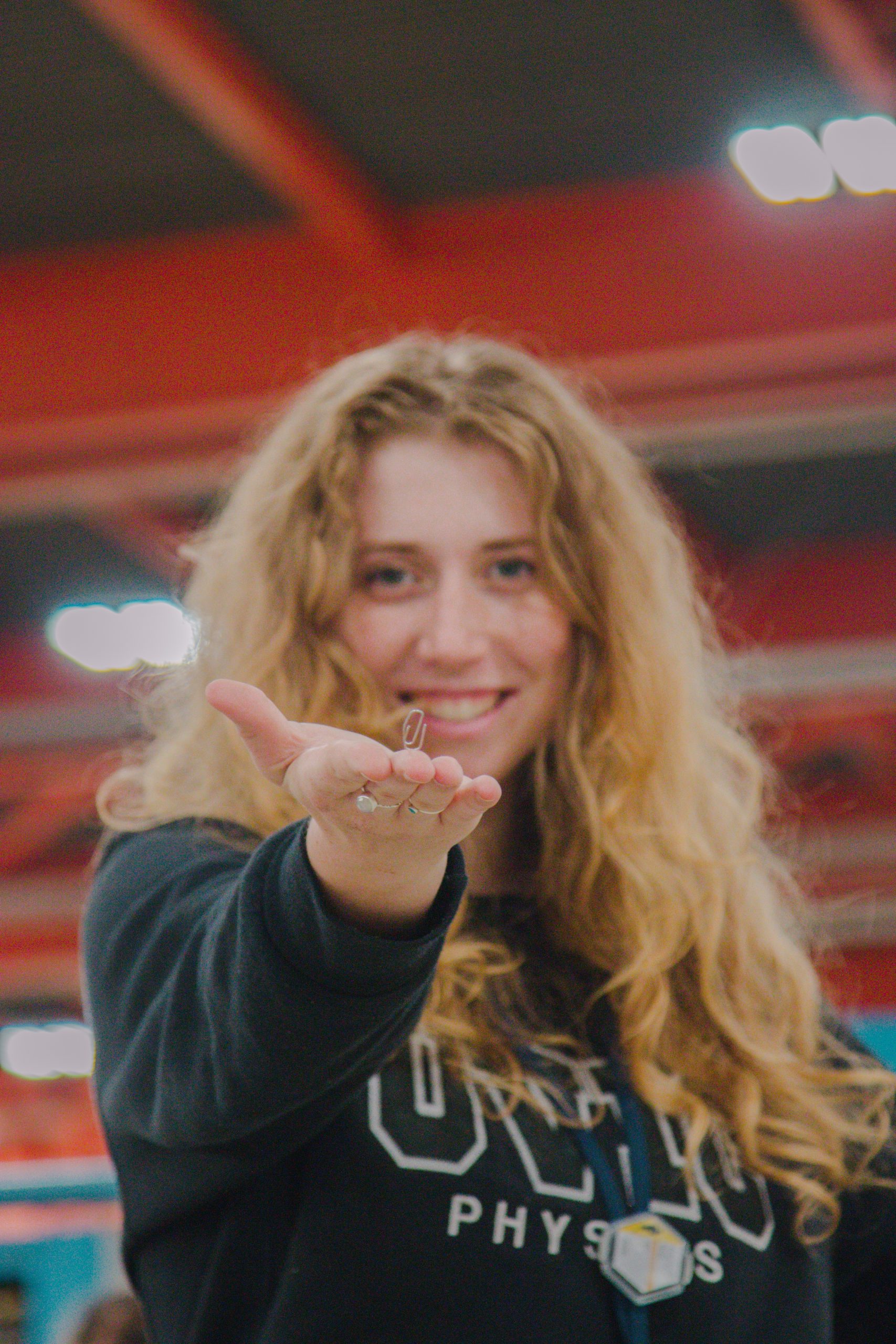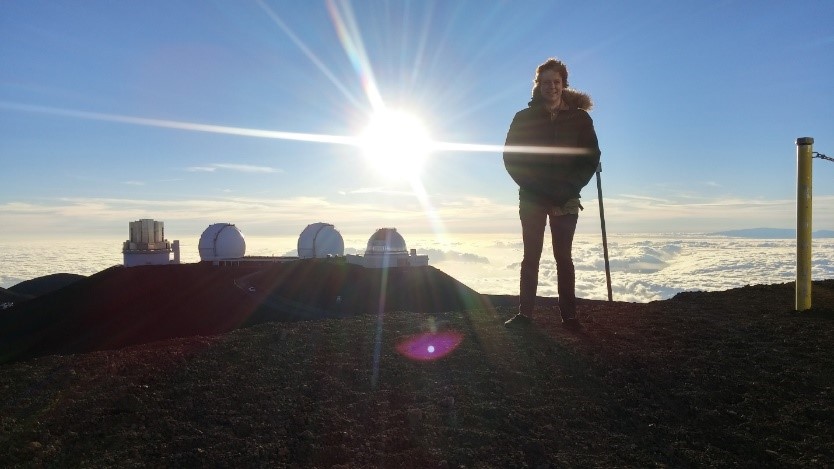- Astronomy intern – Gemini Observatory
- Geodynamics computer modelling assistant – Natural Resources Canada
- PMT test facility researcher – TRIUMF
- Da Vinci surgical system software/data intern – Intuitive Surgical Inc.
- Astronomy research assistant – National Research Council of Canada
- Remote sensing support – University of Victoria
- Youth STEM instructor – Science Venture
- Oceanographic data processing – Tokyo University of Marine Science and Technology
- Medical physics research assistant – BC Cancer Agency
- Geophysical assistant – GEOMAR
- Academic research (Theoretical and applied)
- Astronomy (Theoretical and applied)
- Computational and Quantum Physics
- Renewable energy research and production
- Outreach and education
- Geophysics
- Nuclear physics
- Oceanography
- Energy research
- Communications
- Medical research

- use analytical methods to study, explain and predict the workings of the physical world
- understand mechanics, relativity, oscillatory and wave motion
- understand electricity and magnetism, optics and thermodynamics
- understand quantum and particle physics, and statistical mechanics
- use mathematics to describe the physical world
- make explicit assumptions and approximations
- develop mathematical models that produce outcomes or behaviours of physical systems
- plan, carry out, analyze and report the results of an experiment or investigation
- assess uncertainties and compare results with expected outcomes and relate conclusions to physical models
- compare the results of predictive calculations with those from experimentation or observation
- apply the principles of physics, astronomy and astrophysics and medical physics
- apply the principles of astronomy and astrophysics to geophysics, ocean and atmospheric physics, and solid-state physics
Scientific method
- use experimental techniques to solve problems
- search and assess scientific literature
- gather evidence through observation and experimentation
- analyze data
- formulate a clear, answerable question
- use inductive reasoning and deductive methods to develop a testable, falsifiable hypothesis and predict expected results
- design quantitative approaches and experiments to test and evaluate hypotheses
- observe and record the results of research
- use mathematical and statistical methods and analytical tools to evaluate data
- draw conclusions
- communicate results and ideas in scientific reports and papers and oral presentations
- identify the need for further research
- communicate effectively
Computer skills
- develop and use scientific software to support research
- create, modify and use scientific software
- develop and use computer modeling as a proxy for physical experimentation
- develop and use computational methods to analyze large data sets
Field work
- observe the behaviour and properties of subjects and phenomena
- make measurements of subjects, phenomena or their environment
- identify and collect samples for analysis
- use field equipment, tools and machinery
Lab work
- use safe and careful practices
- keep accurate lab records
- take precise measurements and identify potential sources of error
- troubleshoot and optimize methods and techniques
- develop methods and procedures
- analyze, change and characterize compounds, samples or devices
- use lab instruments
- maintain, calibrate and troubleshoot equipment
- evaluate lab data
Education and training
- teach science at a level appropriate to the audience
- train and supervise others to perform scientific and lab procedures


